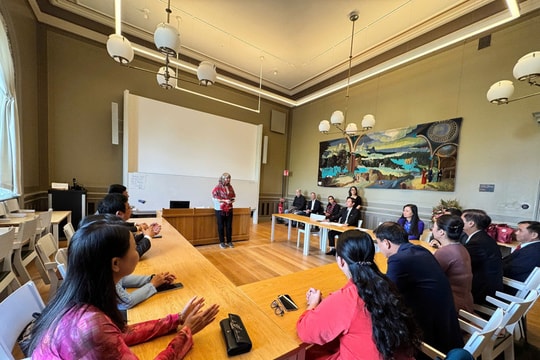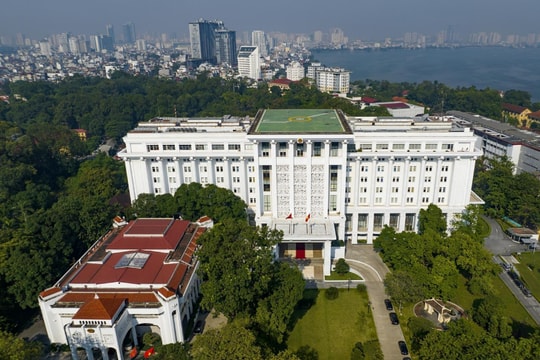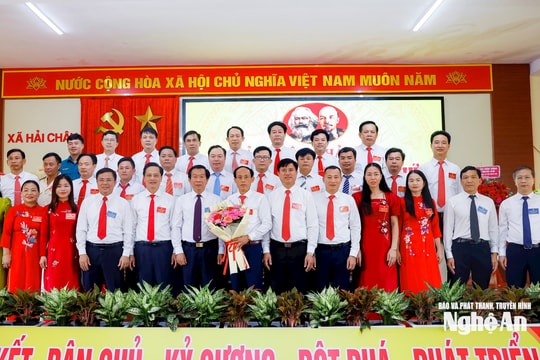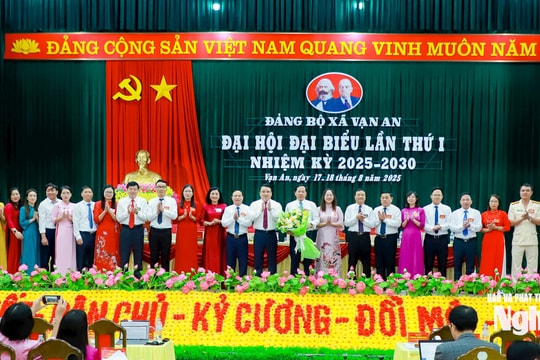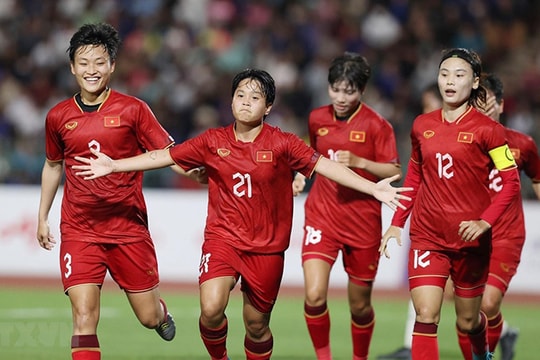Some new points on subjects, standards and hierarchy of political theory training
(Baonghean.vn) - On the morning of March 16, 2022, the Central Organizing Committee held an online conference to disseminate Regulation No. 57-QD/TW dated February 8, 2022 of the Central Party Secretariat on subjects, standards and decentralization of political theory training.
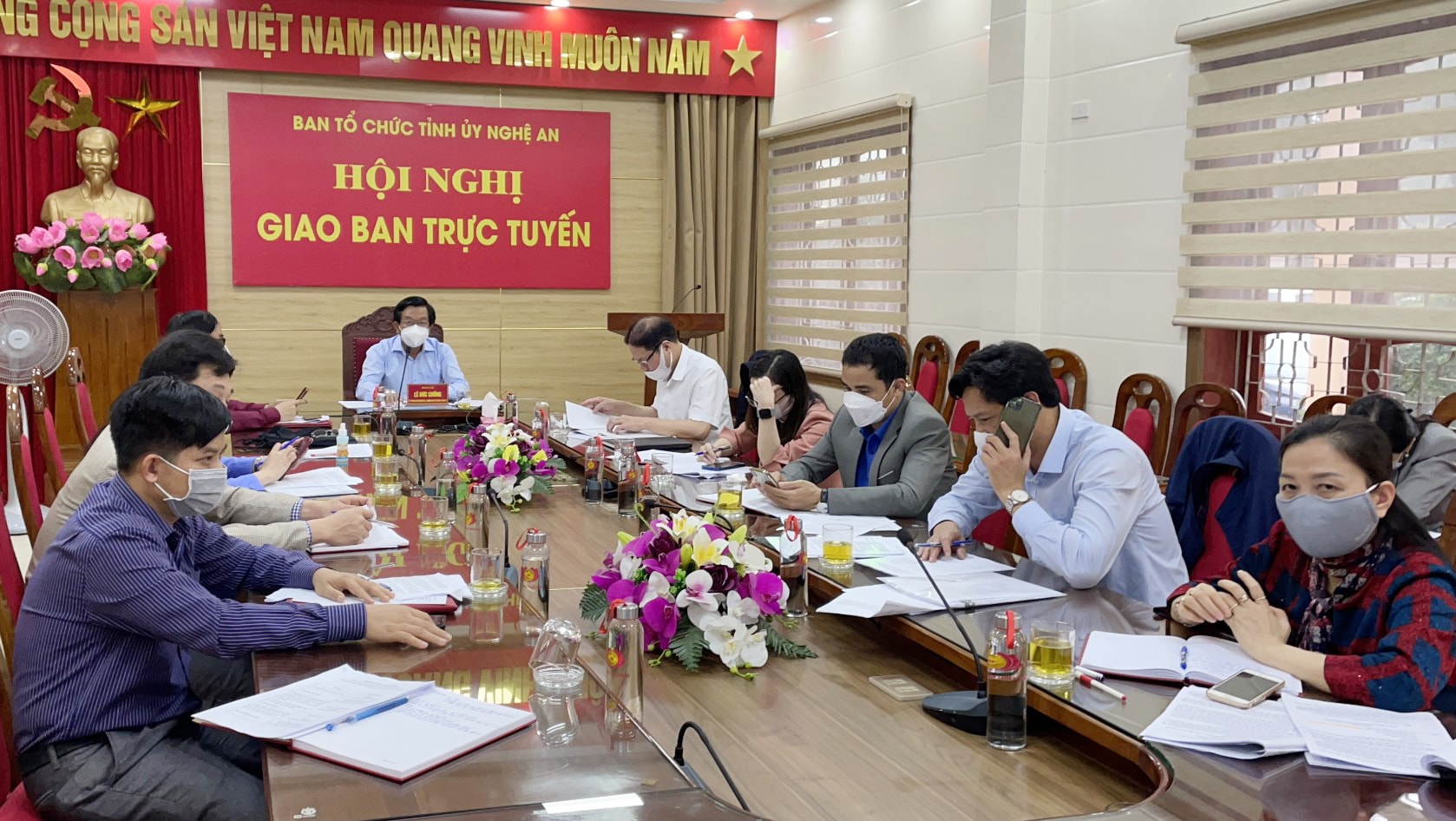 |
| Attending at Nghe An bridge were comrade Le Duc Cuong - Member of the Standing Committee, Head of the Provincial Party Committee's Organization Committee, leaders of the Provincial Party Committee's Organization Committee, Propaganda Department, Provincial Political School and a number of district-level units. |
Based on the summary and evaluation of the implementation results of Regulation No. 54-QD/TW, dated May 12, 1999 of the Politburo on the regime of political theory study in the Party, Resolution No. 32-NQ/TW, dated May 26, 2014 of the Politburo on continuing to innovate and improve the quality of training and fostering political theory for leaders and managers and receiving opinions from Party committees, Party organizations, agencies, units and localities, Regulation No. 57-QD/TW, dated February 8, 2022 of the Central Party Secretariat has many new points on political theory training.
The first,For the first time ever, the authority to issue regulations is the Secretariat, which has decentralized and clearly defined the functions and tasks of political theory training, and the responsibilities of each relevant agency and unit in each level of elementary, intermediate and advanced training, solving the problem of many agencies issuing regulations and instructions on subjects and standards that lack coordination, connectivity and synchronization.
Monday, the regulations have clarified and specified the subjects and standards of political theory training at each level:
- Regarding elementary political theory level: The subjects of study are party members; union members, members of political and social organizations; commune-level civil servants; non-professional activists at commune level, in villages, residential groups and some other subjects with aspirations that meet the general requirements. The criteria for participants in elementary political theory training belonging to the above subjects must be junior high school graduates or higher.
- Regarding intermediate level of political theory: The training subjects are leaders and managers as stipulated in Clause 1, Article 5 of the Regulation, not overlapping with the primary and advanced training subjects. At the same time, for the first time, the subjects are clearly defined as Army and Police officers. The criteria for those trained in intermediate level of political theory belonging to the above subjects must be reserve or official party members; have a college degree or higher (have a high school degree or higher for cadres who are ethnic minorities or work in mountainous communes, border areas, islands, remote areas, ethnic minority areas, areas with particularly difficult socio-economic conditions); for cadres studying in a non-concentrated system, women must be 33 years old or older, men must be 35 years old or older.
Regarding advanced political theory level: The training subjects are leaders and managers from district to central level, not overlapping with intermediate training subjects and must comply with current documents and regulations. The criteria for participants in advanced political theory training in the above subjects must be official party members, university graduates or higher; for non-concentrated training subjects, women must be 38 years old or older, men must be 40 years old or older.
-TuesdayFor the first time, according to this regulation, a number of academies and schools of the Ministry of National Defense and the Ministry of Public Security are allowed to provide intermediate political theory training for armed forces officers.
-Wednesday, the regulation clearly defines the decentralization of political theory training tasks: District-level political centers are assigned to provide elementary political training. Provincial-level political schools provide intermediate political theory training for local officials and central departments, ministries, branches, and socio-political organizations working in the area. Ho Chi Minh National Academy of Politics provides advanced political theory training.
-Thursday, the regulations have clearly defined the functions, tasks and responsibilities of each relevant agency and unit in each training level according to the principle that one task is assigned to only one agency to preside over and take primary responsibility; relevant agencies are responsible for coordinating implementation, ensuring consistency with the functions and tasks of each agency, without duplication or overlap.
-Friday, the regulation clearly defines the roadmap to stop intermediate political theory training at training institutions under central ministries, branches, and organizations from January 1, 2024, so that academies and schools can focus on training and fostering professional expertise and skills; intermediate political theory training for officials of central ministries, branches, and agencies is carried out by provincial-level political schools.

